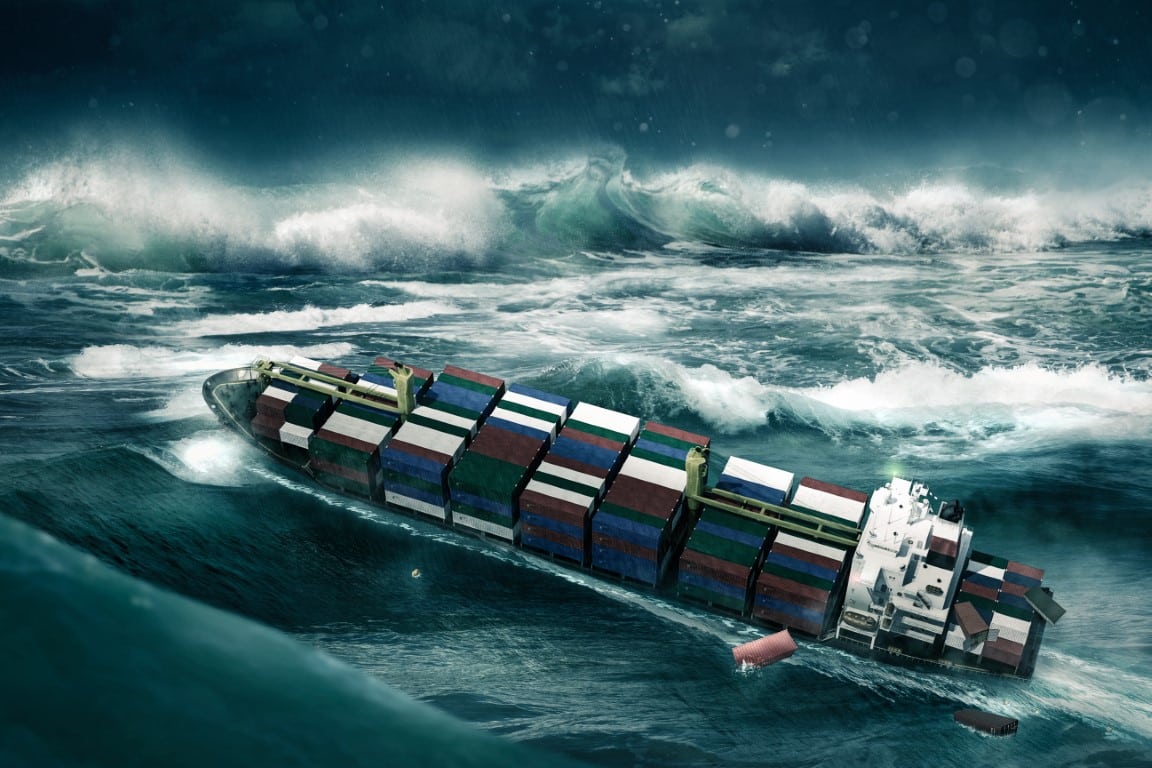Perhaps at no time in recent history has the supply chain been such a prominent topic of discussion for so long, sparking debates everywhere from news media panels to social gatherings. The reason, of course, is the severe disruptions the supply chain has seen during the COVID-19 pandemic and their trickle-down impact on the broader economy and even daily life. In a 2020 McKinsey survey of 60 senior supply chain executives, 100% of them revealed they had experienced production and distribution problems during the pandemic.
The strength of the pandemic’s impact has prompted many companies to consider their supply chains from new perspectives and to weigh how prepared they were for the pandemic – and how prepared they will be for future earth-shaking disruptions. Supply chain resilience is the ability of a supply chain to contend with unexpected, turbulent events. For a supply chain, resilience means having the capabilities to continue to operate effectively through disruptions and to recover quickly from them. In that McKinsey study, 93% of respondents said the pandemic had prompted them to increase their emphasis on resilience in the supply chain.
Studying and strengthening your supply chain resilience on an ongoing basis – in collaboration with your key supply chain partners – is crucial to preparing for a path that will inevitably be marked by surprising obstacles. Whether the disruption comes in the form of a global pandemic or something less far-reaching, building resilience into your supply chain will help you navigate whatever challenge arises.
An array of challenges
A 2020 Bain & Company report on supply chain resilience trends noted that supply chain disruptions are increasing in frequency and magnitude and include not only public health crises such as COVID-19 but climate-related disasters and geopolitical events, such as Brexit and the U.S.-China trade war. Major supply chain disruptions for your business can encompass a variety of other events and trends, too, including the arrival of unexpected competition, the loss of a key supply chain partner, a shift in customer preferences or behaviors, and the sudden emergence of a new market trend. The often-complex interdependence of the links in the supply chain means that apparently minor challenges can lead to a powerful disruption for your company. Be aware of the risks and challenges that your particular supply chain could be most vulnerable to. When you have that awareness, you can better direct your resources to forecast risks and disruptions in those areas, allowing you to anticipate upcoming challenges and prepare for them.
An emphasis on agility
Resilience relies on agility. Your supply chain must be nimble enough that you are able to make adjustments to adapt promptly to the changing market landscape. In one recent example, the rapid shift to e-commerce spending and robust customer demand for rapid delivery speed, including expectations for next-day and even same-day delivery in some cases, caused many shippers to have to make marked adjustments to their processes to keep up with those evolving customer preferences. Your supply chain should be capable of adapting to circumstances as they change, minimizing your risk to a new challenge knocking your supply chain completely off balance. For instance, a shipper with a resilient supply chain will manage inventory levels so that they are prepared to respond to a sudden surge in demand or to a supply chain disruption that limits their ability to replenish their inventory for an extended period of time.
A 3PL can be a powerful guide
A third-party logistics provider such as Distribution Technology, a 3PL based in Charlotte, North Carolina, can help your business build resilience into your supply chain and steer through any disruptions that you encounter. A 3PL can help you take both a broad and granular view of the resilience of your supply chain so that together you can plan for potential disruptions and build a robust supply chain strategy. Instead of simply reacting to disruptions, a 3PL can work with you to proactively prepare for formidable challenges and navigate through them aggressively. A 3PL will have a network of partners and providers that it can employ, shifting to new contingencies as necessary no matter the obstacle.
As one of the top-ranked 3PLs in the country, Distribution Technology understands the ever-changing demands, seasonal pressures, and unpredictability you face in your business, so our warehouses are designed to meet your fluctuating needs. Our North Carolina-based network of facilities hold a wide range of products across many sectors of industries and are equipped with temperature-controlled, food-grade, secure storage — as well as additional storage for chemicals and a designated area for hazardous or flammable materials. For more information, contact us today.
